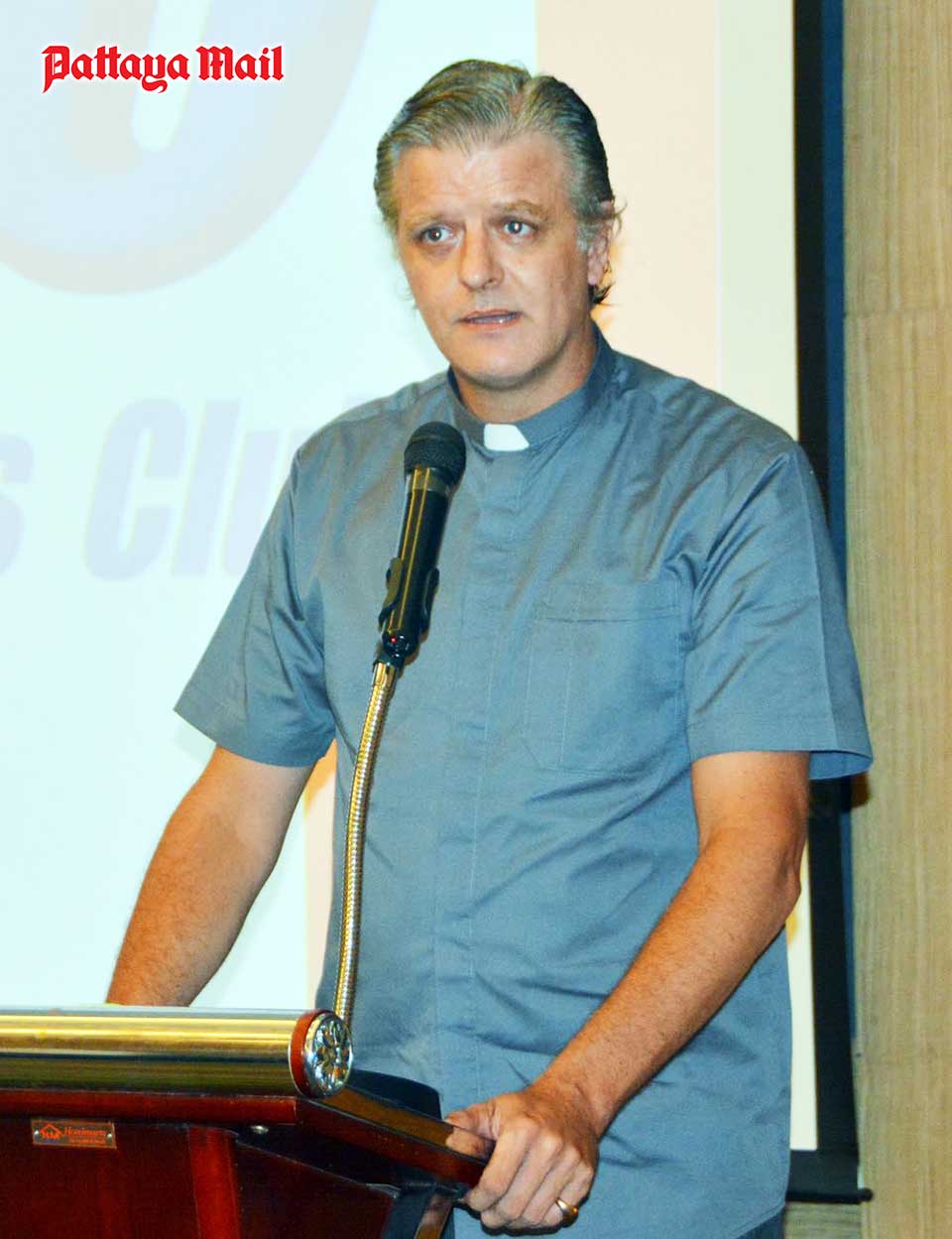
Monkey Pox – Panic, Pandemic or Pandora’s Box? This was the primary topic at the Wednesday, June 22, meeting of the Pattaya City Expats Club (PCEC) by Professor Andy Barraclough. Preceding his talk, Deacon Lloyd Hobbard-Mitchell from Pattaya’s St George’s Church gave a brief presentation on their “Healthcare – On a Mission to Share” program.
First up was Lloyd who began by giving information on his background. He is English and has extensive experience in social welfare. His talk focused on the Church’s efforts to help relieve the discomfort and distress of sick people in the Pattaya community by freely lending medical equipment which otherwise the beneficiaries might not be able to afford. One such item was an oxygen condenser, which has been used for two expats with terminal diseases which caused serious breathing problems. Thus, their last days were at least spent more comfortably.
Lloyd explained the program and mentioned the donated equipment they currently have available. But there is a need for more equipment to be donated to the program. Visit the Church’s website at https://stgeorgespattaya.com/healthcare-equipment-lending-scheme/ for more information on their activities and needs. He emphasized that their Church is inclusive of all and anyone in need can contact them for assistance.
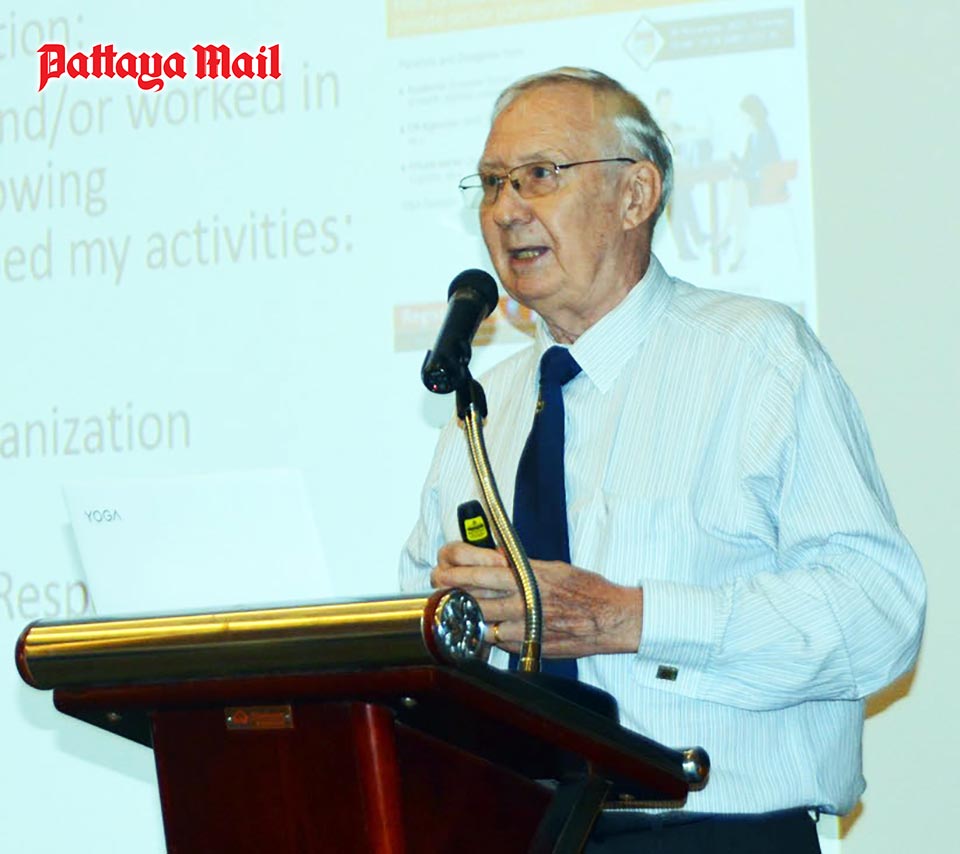
Following Lloyd’s talk, the main speaker, Professor Andy Barraclough, provided the Club with one of his usual, interesting and comprehensive presentations on an important health issue. As usual, he prefaced his remarks by noting that he is not a medical doctor and you should always seek advice from a medical professional for any health advice.
But he is imminently qualified to provide general information on health matters, always citing the authoritative sources for that information. He is an emeritus professor of Public Health and Director of Training at the Empower School of Health. He regularly hosts and presents webinars and online training through the Empower School of Health and the World Health Organization (WHO).
Professor Andy then provided a very informative talk about Monkey Pox which has recently been on the forefront of medical news in the media. Some of it is accurate, but as usual, there is a lot of misinformation about it going around. The following were key points from his talk.
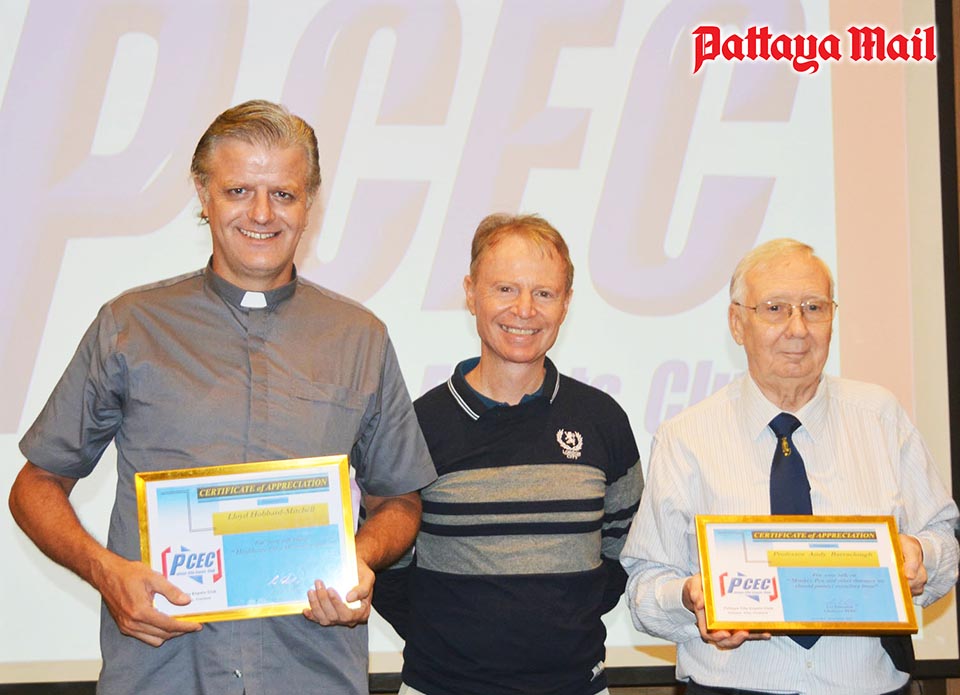
He said that Monkey Pox is not a new disease. It’s first identification as a human-to-human disease was in Africa in 1970. It one of many “neglected tropical diseases” meaning it has not received much attention or funding for medical research. However, since it is now afflicting people in the USA and Europe, it has become an issue that is drawing much attention despite that as of 6 June 2022, only 1,002 laboratory confirmed cases of Monkey Pox has been reported to WHO from Europe and North America. Further, no deaths have been reported.
Although it might be said that Monkey Pox is not really serious, the public outcry probably relates more to the emotional impact it causes. He showed several photographs of children with the disease and said it has a definite impact which is both physical and mental as you imagine it inflicting your children and grandchildren.
Professor Andy then proceeded to explain what Monkey Pox is, its symptoms, treatment, and expected outcome. He noted that about 85% of those that have had the Small Pox vaccination may be protected, but even if you have been vaccinated, there is no way to know if you may be in the 15% not protected.
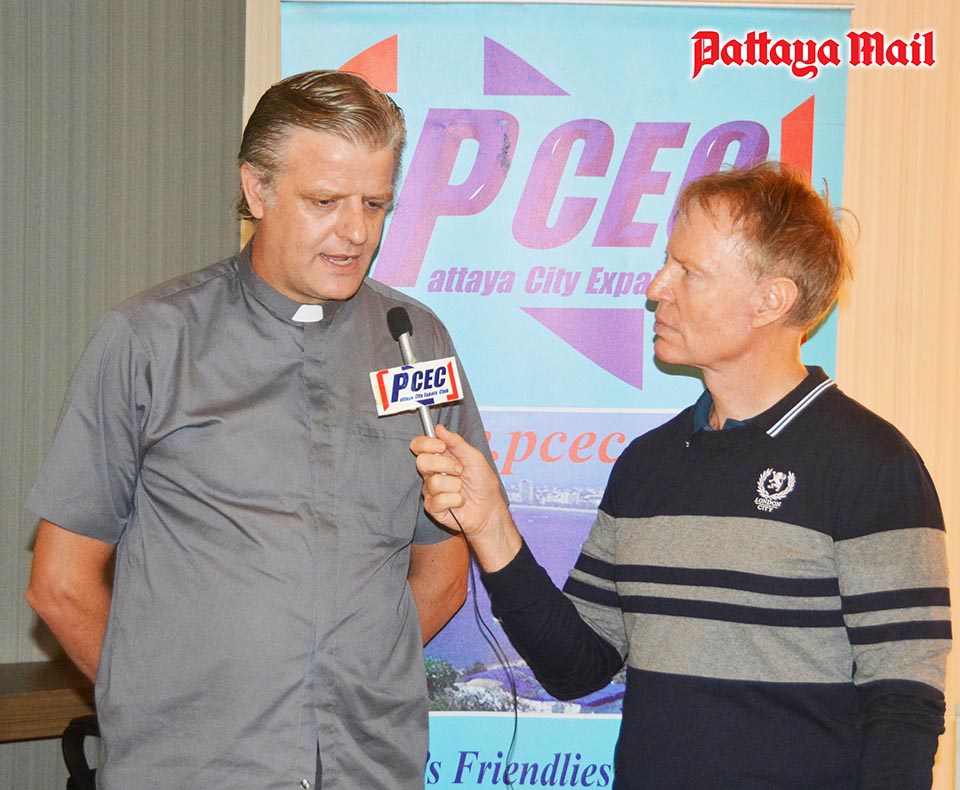
https://www.youtube.com/watch?v=rWMVQYjJqc8.
Although it is called “Monkey Pox, human infection has occurred from handling other infected animals through direct contact with their blood, bodily fluids, or external lesions or consumption of inadequately cooked meat of infected animals. But, he said, for most human infections, the source is not known.
He described how human-to-human transmission results from close contact with infected respiratory droplets, skin lesions, or contaminated objects. He emphasized that the concern that man to man sex is often the source, is not valid. Many cases have been reported by walk-in sexually transmitted disease clinics because in many countries, they are the only facilities to get immediate treatment. Thus, those infected whatever the cause go to those clinics so they can get treated quickly.
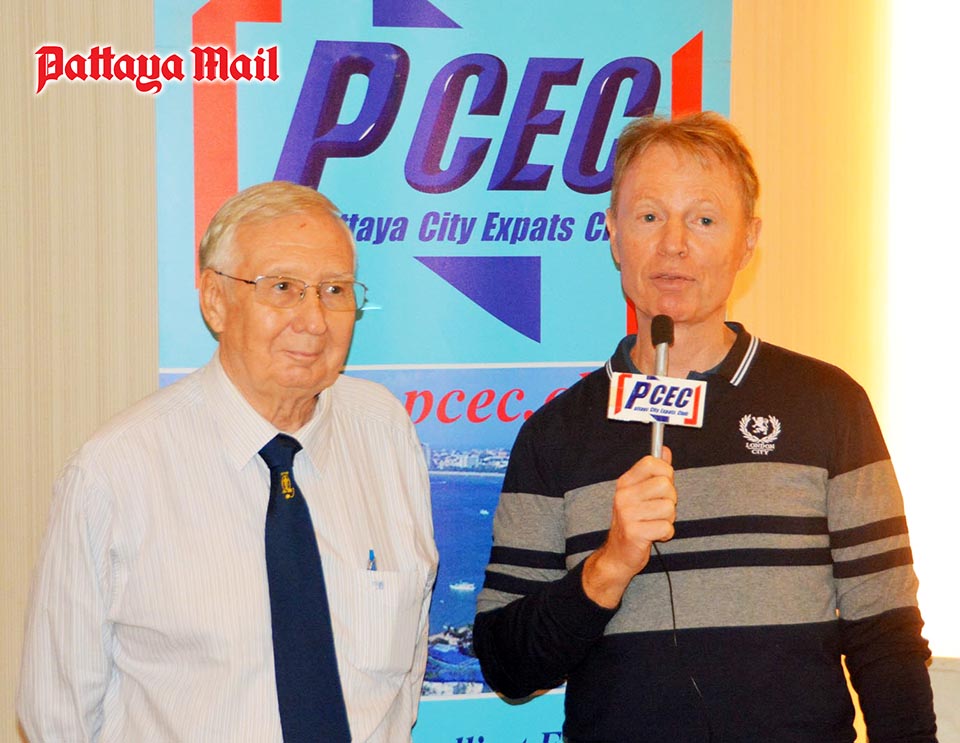
He noted that Monkey Pox can only be confirmed by laboratory test. There are several diseases that have similar symptoms. But that having blisters on the palm of hands and soles of feet is a good indicator as that is unique to Monkey Pox. Treatment for monkeypox is mainly supportive. The illness is usually mild and most of those infected will recover within a few weeks without treatment.
Upon conclusion of the presentations, MC Ren Lexander brought everyone up to date on the latest events. This was followed by George Wilson conducting the Open Forum where attendees can make comments or ask questions about Expat living in Thailand, especially Pattaya. For more information about the PCEC, visit their website at https://pcec.club.
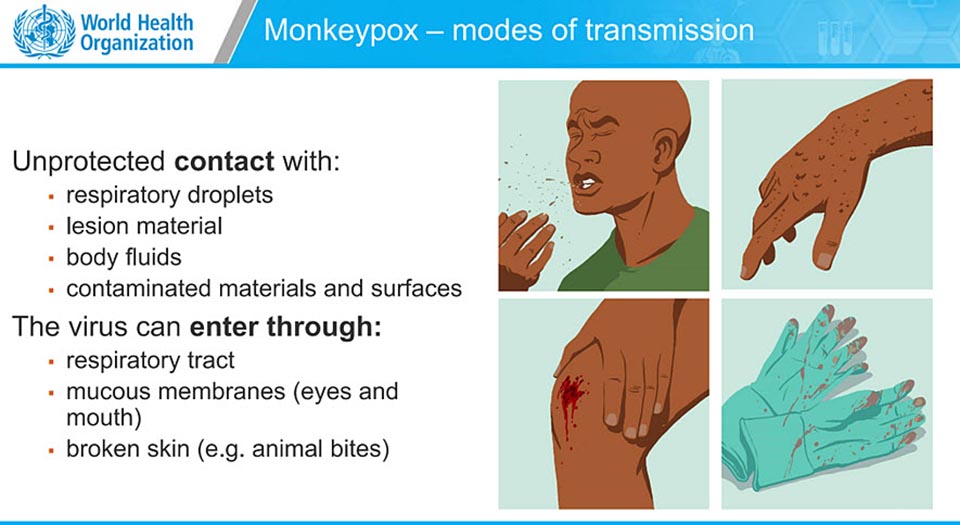
 |
 |
 |





